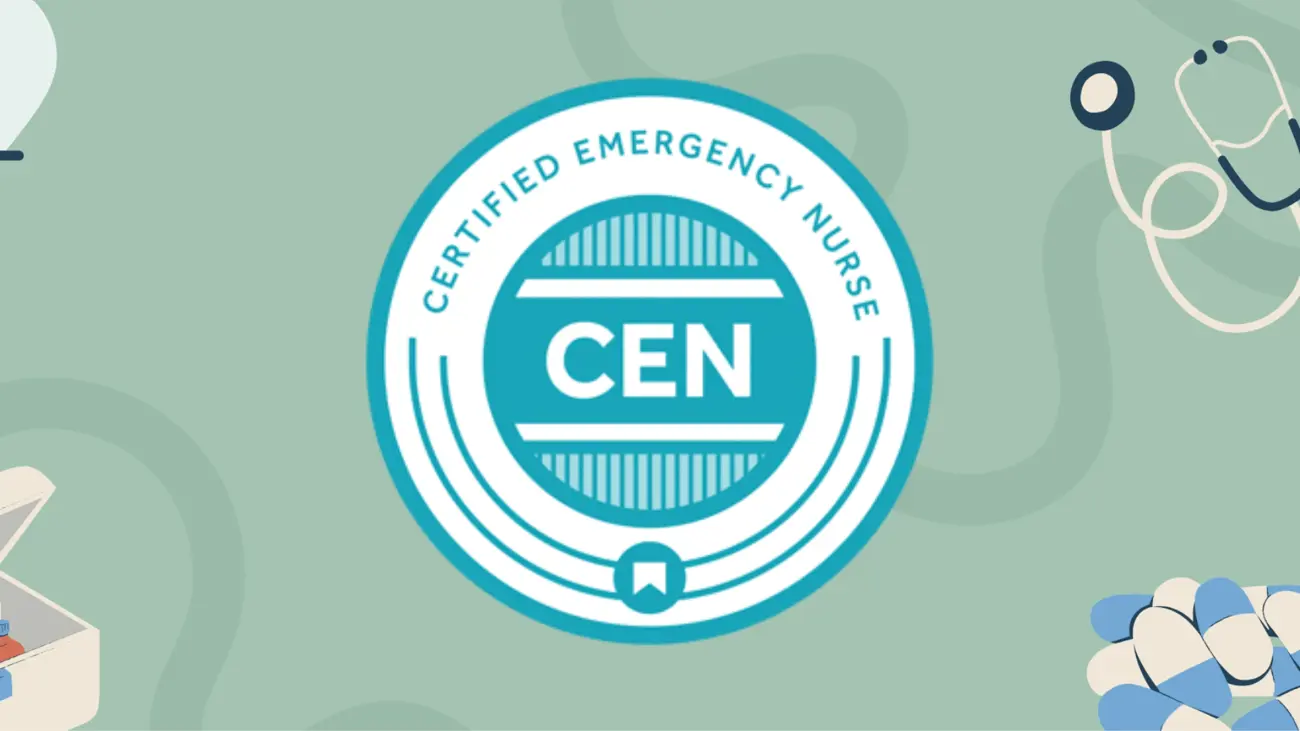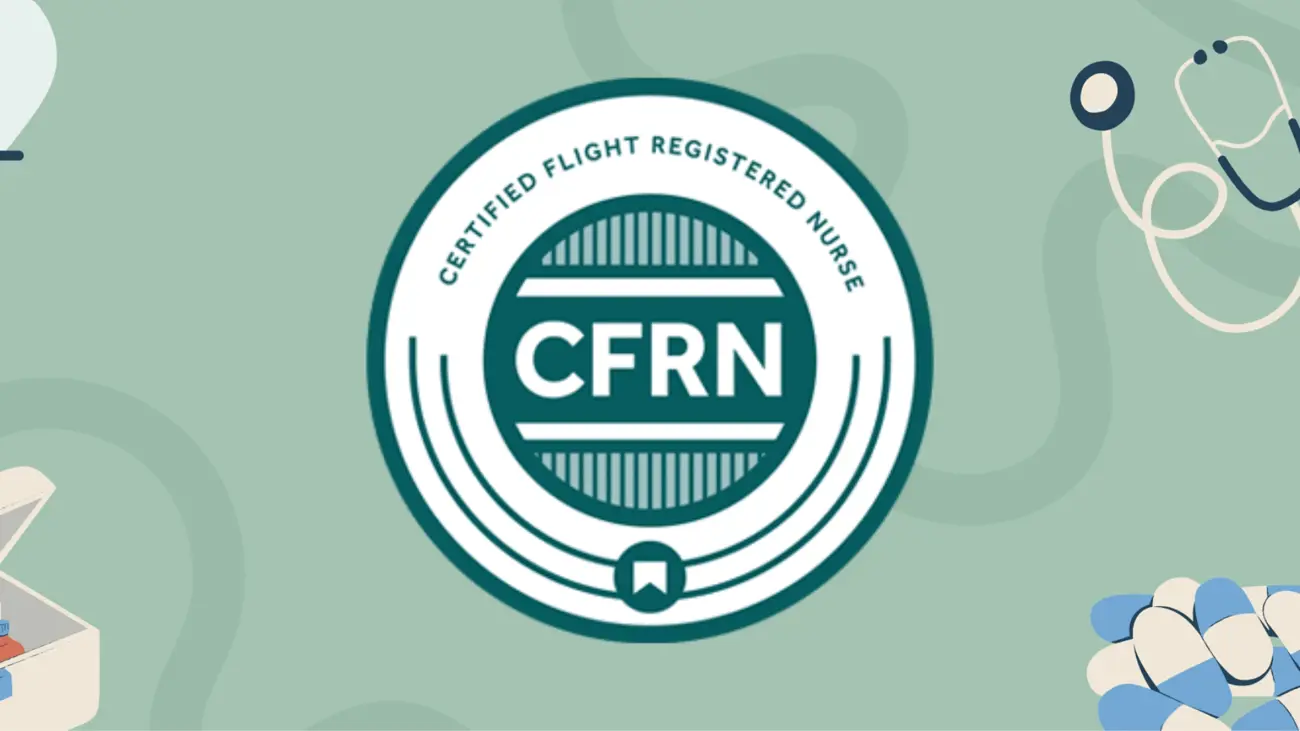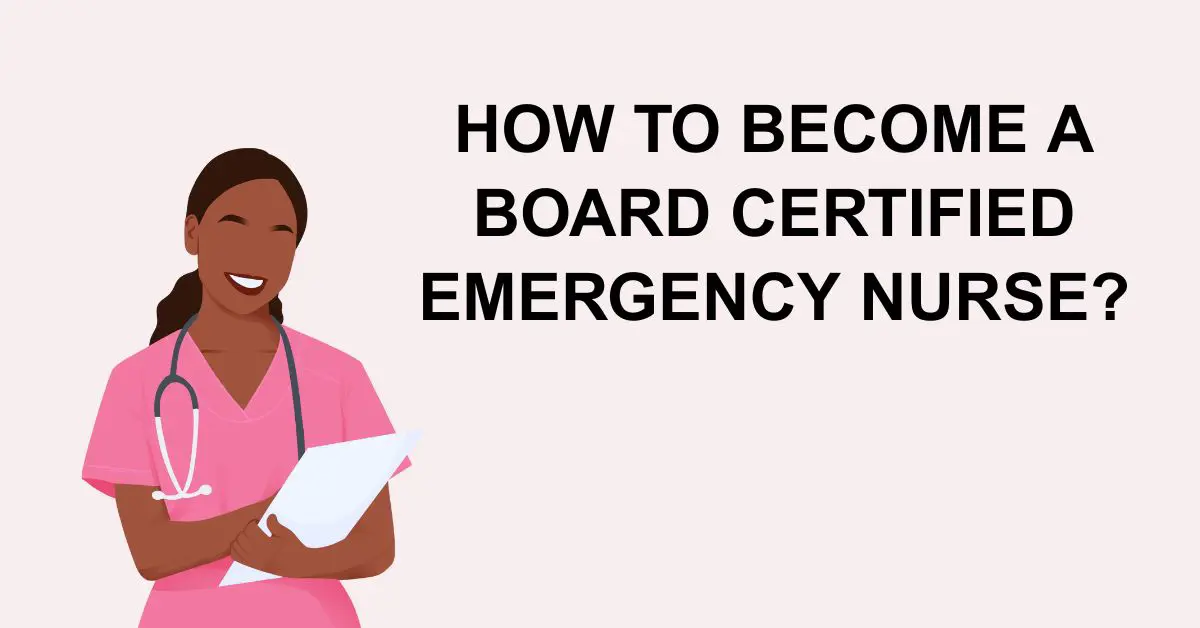The BCEN Certified Emergency Nurse (CEN®) certification is a nationally recognized credential for registered nurses who specialize in emergency nursing. Offered by the Board of Certification for Emergency Nursing (BCEN), the CEN demonstrates expertise in providing high-quality, evidence-based emergency care to patients in fast-paced and critical situations.
The CEN exam tests a nurse’s knowledge of trauma, cardiac, respiratory, neurological, gastrointestinal, obstetric, pediatric, and toxicological emergencies, as well as professional issues like ethics and legal considerations. Nurses must be able to assess and treat critically ill or injured patients quickly and efficiently while working in high-pressure environments such as emergency departments (EDs) and trauma centers.
Earning the CEN certification proves that a nurse has advanced skills and knowledge in emergency care, making them a more competitive candidate for jobs and leadership roles. While not always required, many hospitals prefer or encourage nurses to obtain CEN certification. To maintain the credential, nurses must recertify every four years through continuing education or by retaking the exam. This certification is ideal for emergency nurses, trauma nurses, and critical care professionals seeking to enhance their expertise and career opportunities.
 BCEN CEN Test Prep
BCEN CEN Test Prep 






